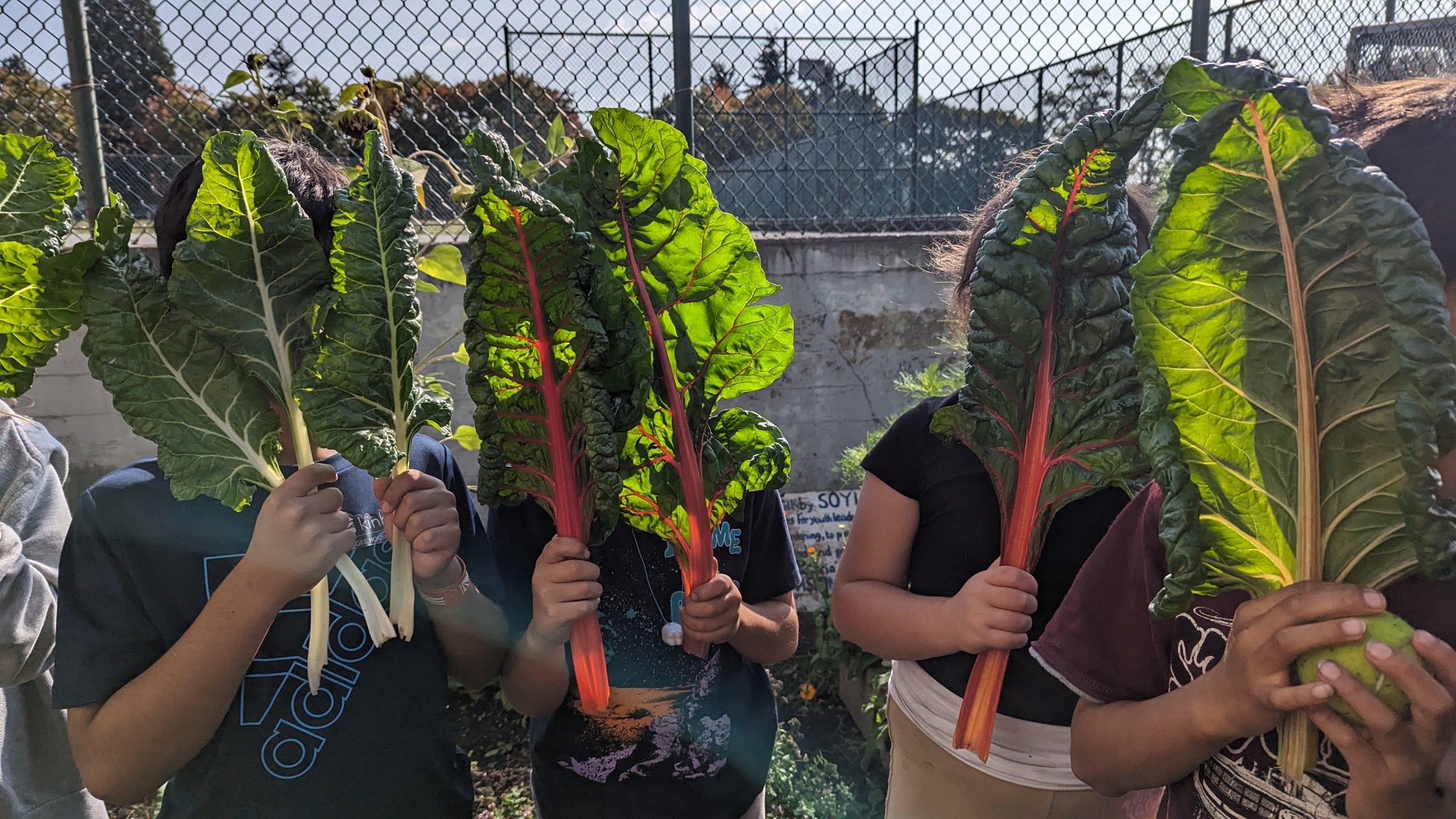School Gardens Program
School gardens, food gardens and urban parks are important green spaces for learning, discovery and exploration.
These living classrooms help each of us reconnect with the natural world through observation and exploration of biodiversity, plant life, nature cycles and food literacy. Studies have highighted the impact of both gardening, and time spent in nature’s influence on improved mental, physical and emotional health.
Gardening can also teach us valuable lessons about reciprocity, our local food systems, and how it contributes to healthier food choices and less waste.
The SPEC School Gardens Program strives to provide equitable access, to connect children and youth to their food, classmates, nature, and community by delivering inclusive and interactive programming on environmental and food literacy education for K-12 schools, municipalities, and not-for-profit organizations during the year.
We are now accepting bookings for Spring and Summer. Please fill out and submit the program booking request form. For general inquiries, please email the School Gardens Program Coordinator, Sharlene at Sharlene@spec.bc.ca
Explore the online education platform Neighbourhood Nature School. A social space where anyone can participate, from the comfort of their home and outside in nature. This resource is ideal for educators and parents seeking nature-based lessons and activities.
Follow us on Instagram for teaching resources and activities.
Impact
SPEC volunteers started the School Gardens Program in Vancouver in 2008 to introduce food gardens and education to school age children and youth. Since the inception of the program, we have helped establish food gardens, supported food literacy, and led environmental education lessons/workshops in over 25+ different schools and organizations. The Program continues to adapt and expand to other communities and school districts to proactively respond to both educator needs and current environmental issues.
Annie B. Jamieson Elementary – Admiral Seymour Elementary – Bayview Community School – Britannia Community Elementary – Britannia Secondary – Burnaby Village Museum – Carnarvon Elementary – Champlain Heights Community School – David Livingstone Elementary – Eastside Family Place – École des Colibris – Garibaldi Annex – General Brock Elementary – Grauer Elementary – Grandview Elementary – Henry Hudson Elementary School – Hillcrest Community Centre – Insight Global Education – John Norquay Elementary – KidSafe Project Society – Kitsilano Secondary School – L’Ecole Bilingue – Little Mountain Neighbourhood House – Lord Selkirk Elementary – Queen Elizabeth Elementary – Queen Mary Elementary – Richmond Youth Addition Services Society – Riley Park Community Garden – Samuel Brighouse Elementary – Simon Fraser Elementary – Sir Wilfred Grenfell Community School – Southlands Elementary – St. George’s School – Thunderbird Elementary -Tillicum Community Annex School – UBC Botanical Garden
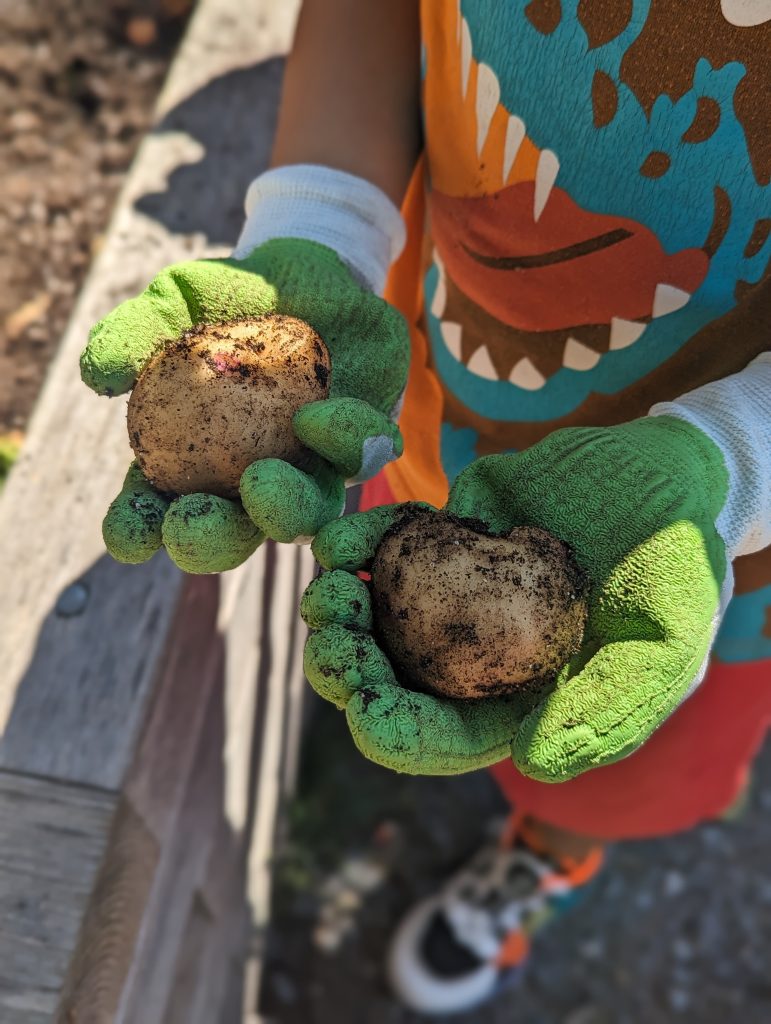
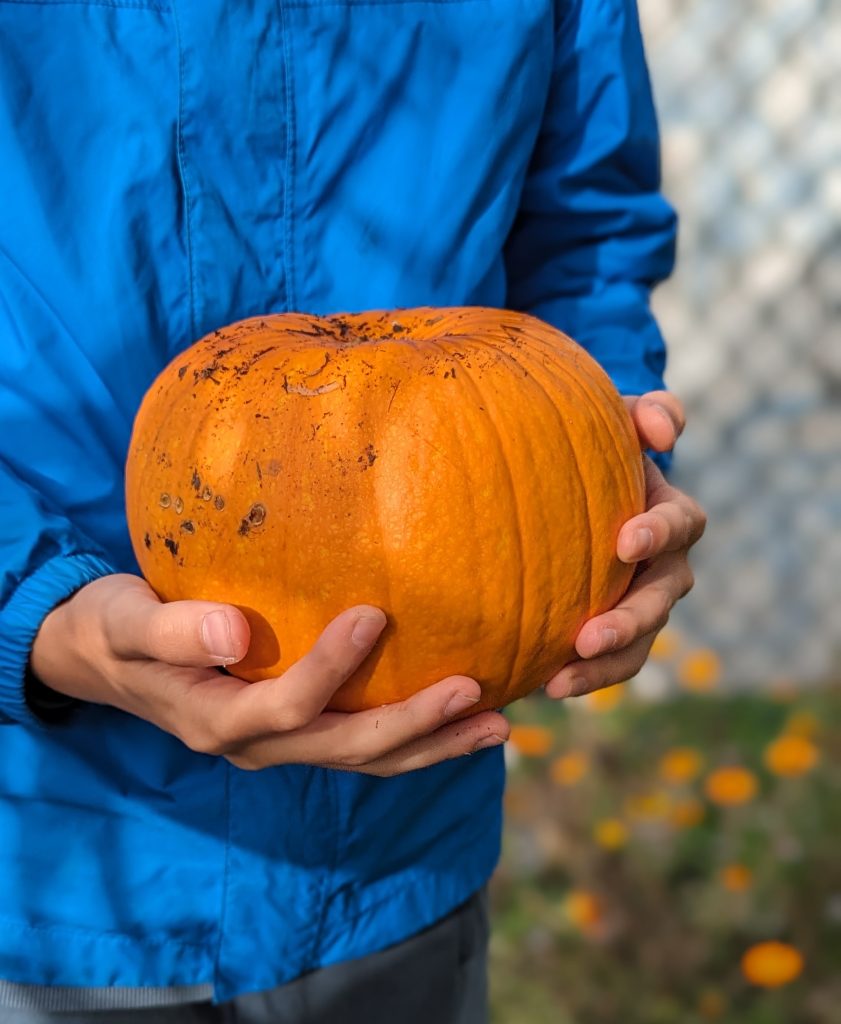
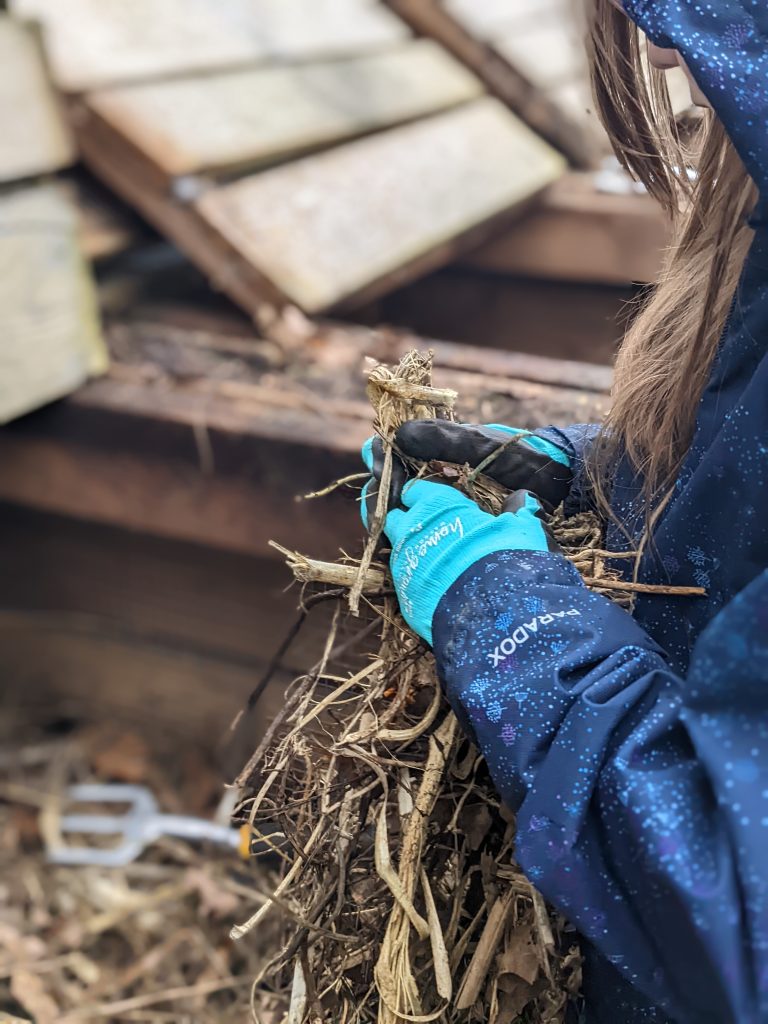
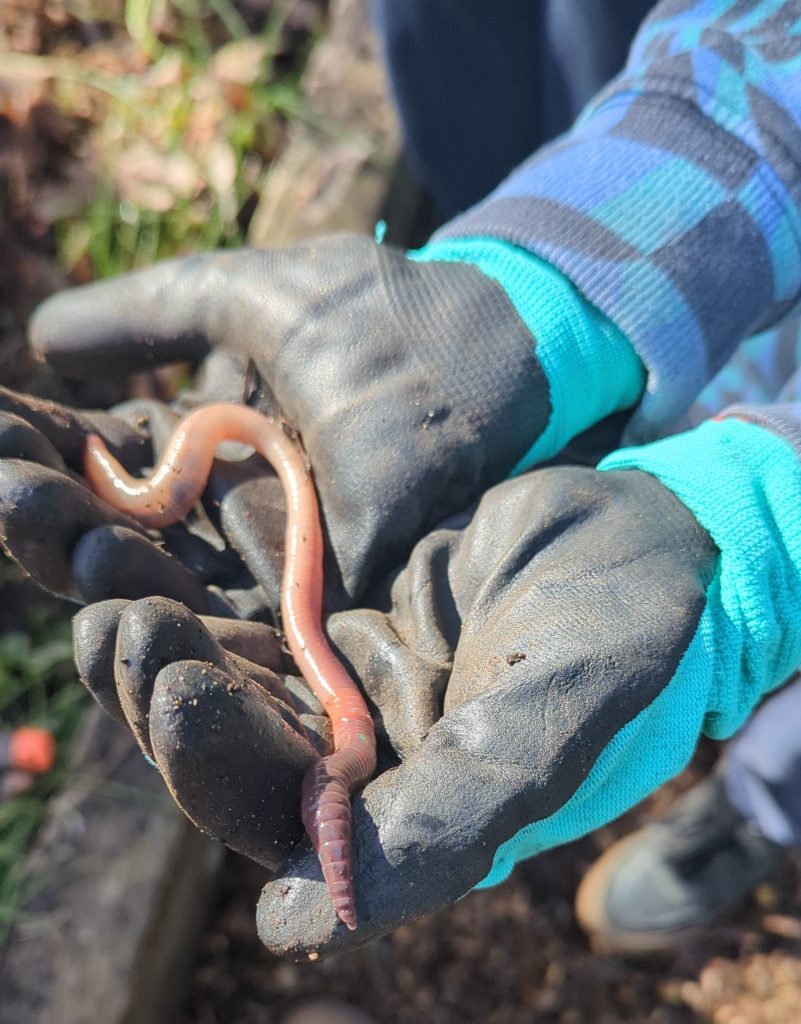
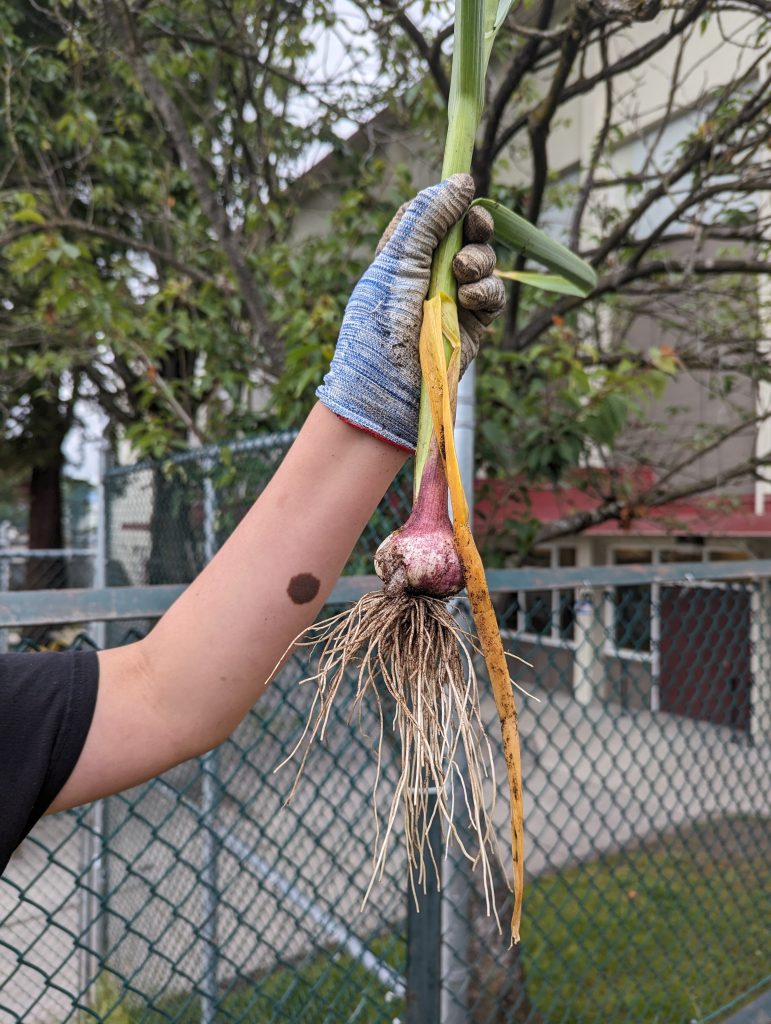
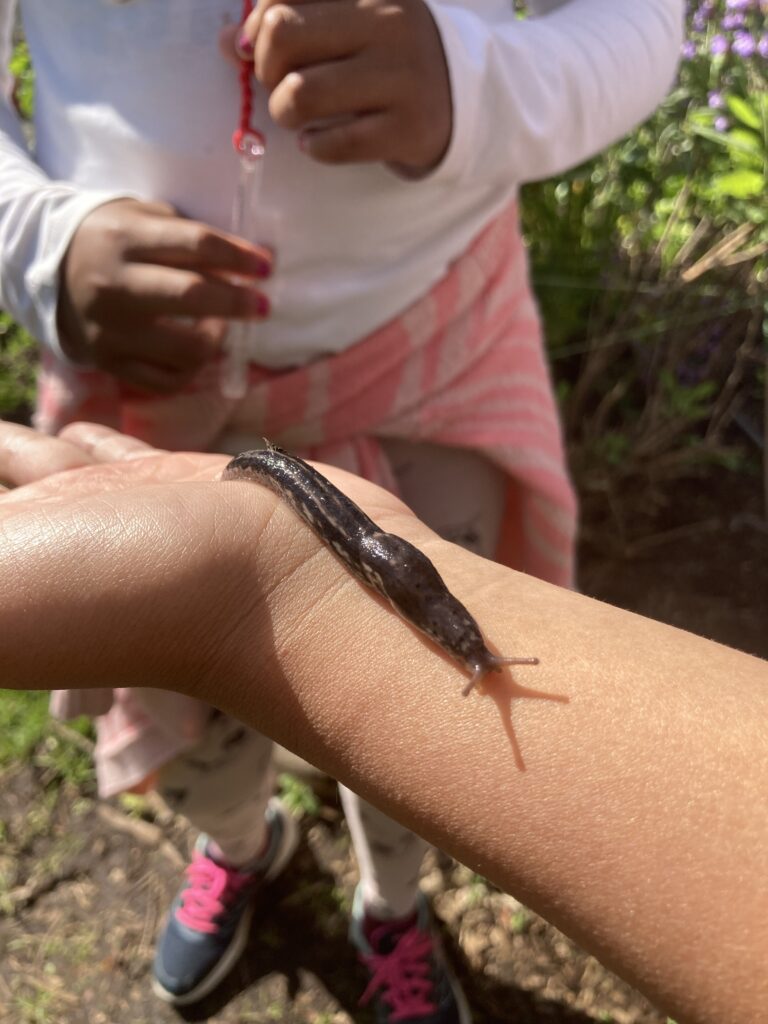
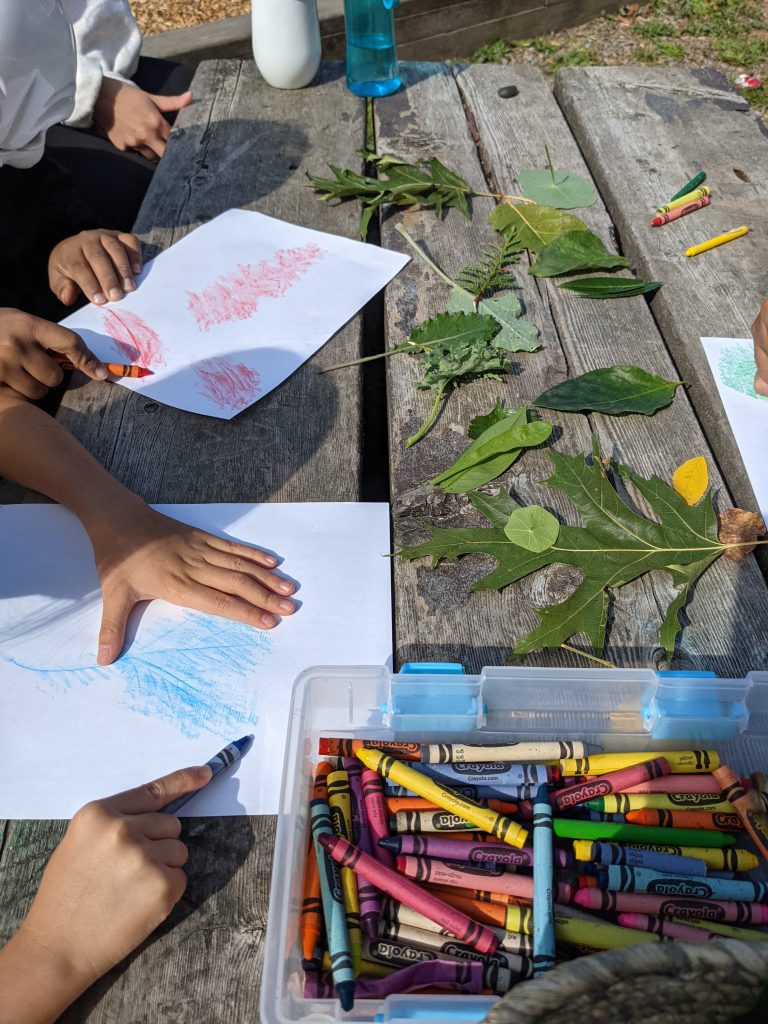
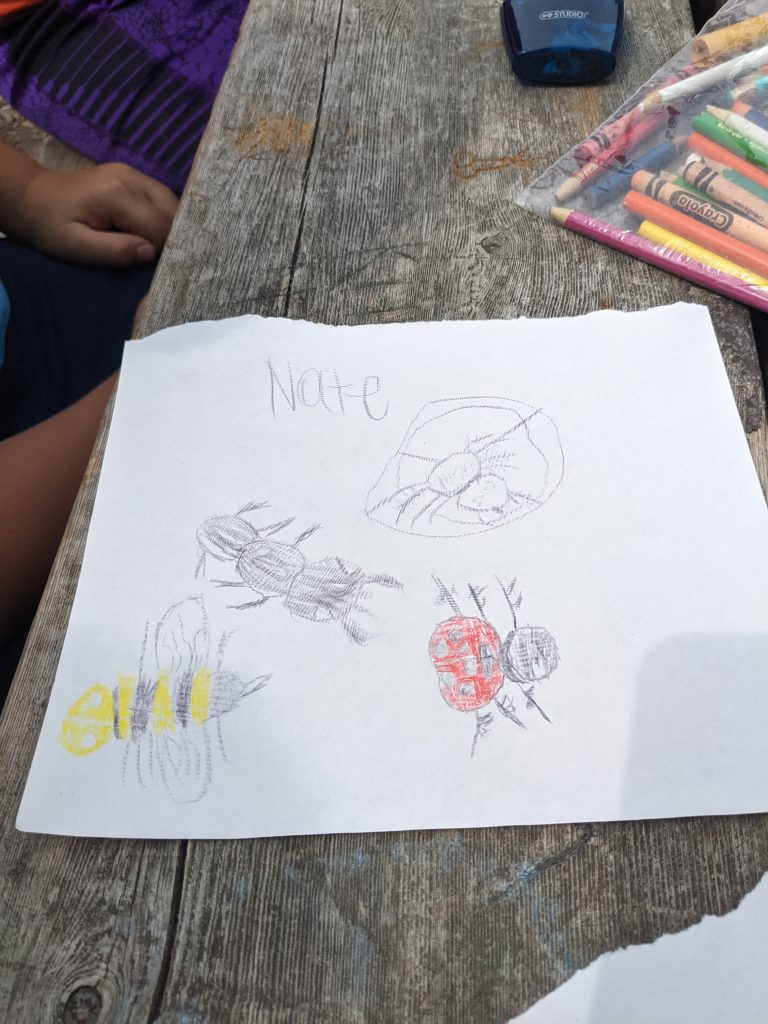
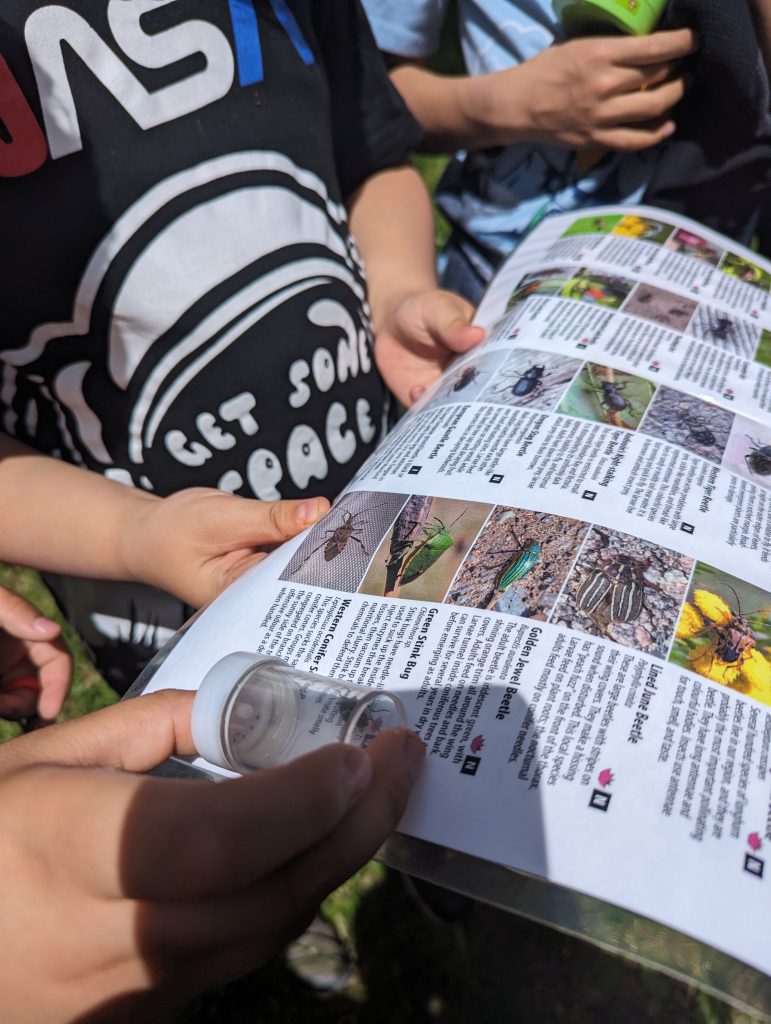
Testimonials

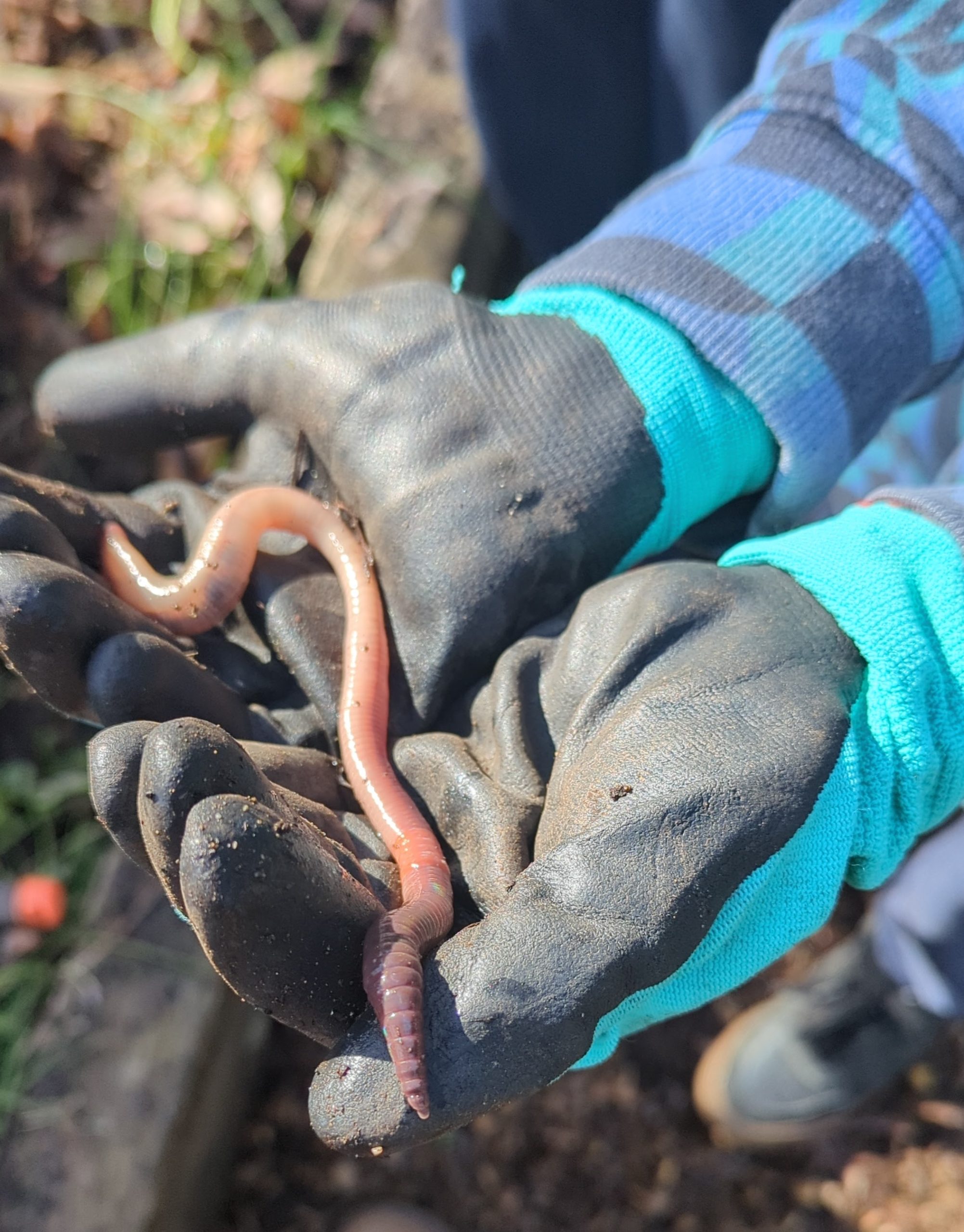
Supporters
Acme Delivery Company
BC Community Gaming Grant
Tides Foundation
New Horizons Grant
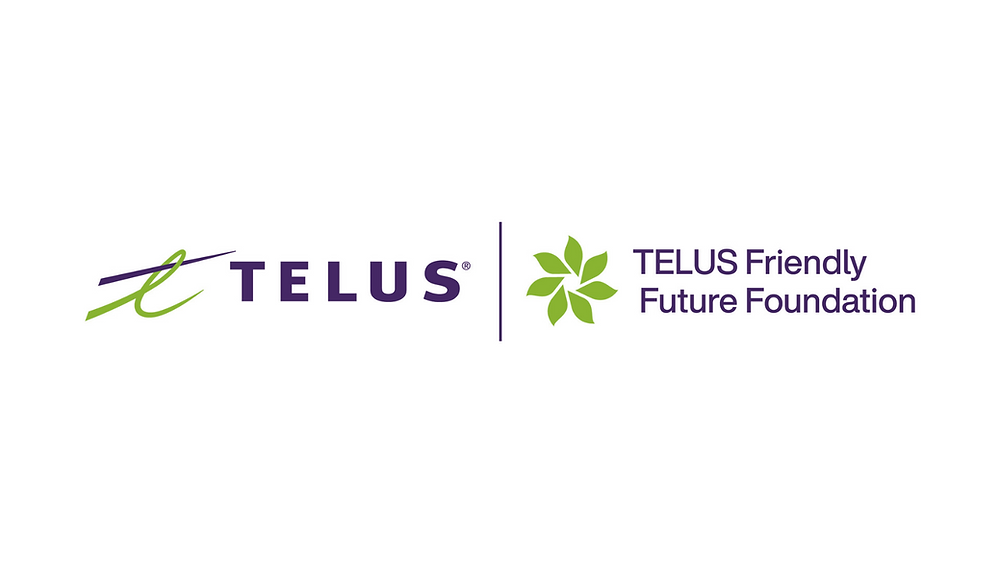


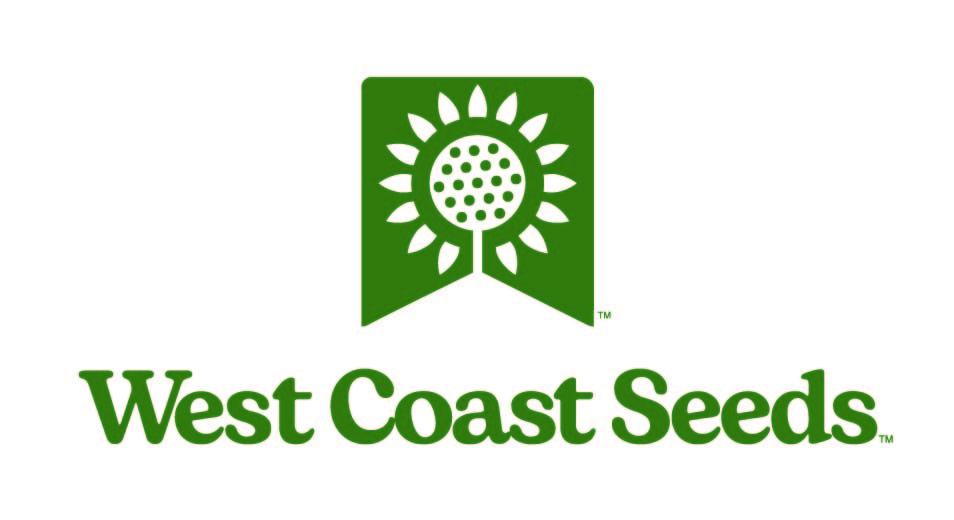
School Parents and Individual Donors
Curriculum Resource: Green Thumbs at School
SPEC believes quality education on food literacy should be accessible to all. That’s why we created Green Thumbs at School: SPEC Food Garden Lesson Book, a free resource. The lesson book consists of 9 lesson plans for teachers with activity sheets on soils, worms, composting, seeds, pollinators, and more.
The lessons support the BC Ministry of Education Integrated Resource Package (IRP) Guidelines for Science. Several of these lessons have been translated to French and can find them here: Lesson 3, lesson 7, lesson 9, and lesson 8 on insect anatomy and insect life cycles.
The development of the Green Thumbs at School lesson book was made possible by funding provided by the Vancouver Foundation.
Stay tuned for a revised, grade specific curricular resource available in Fall 2026.
Garden Site Assessments: For New and Existing Outdoor Learning Spaces
SPEC provides one-on-one consultations for K-12 schools and not-for-profit organizations with either a proposed or existing garden through a site assessment. Site Assessments are offered each September to early October, and March only. The consultation consists of an on-site visit to discuss and determine best location, aspect, water sources, crop planning, addressing climate adaptability, composting systems, infastructure, and funding sources. Virtual site assessments are available as well (pricing varies).
A follow-up written report is included. Consultations are $150. Depending on location, additional fees will be added for travel.
Please choose from one of two options for the site visit questionnaire.
Dive Deeper
Here are some great resources to help you dive deeper into gardening and food literacy or learn even more about the School Gardens Program.
- Vancouver Board of Education School Food Garden Policy
- West Coast Seeds Gardening Basics
- West Coast Seeds Fall & Winter Planting Guide
- West Coast Seeds Planting Chart
- West Coast Seeds Gardening Guide
- Environmental Youth Alliance – Seedlings and Workshops for School Communities
- Site Assessment Guide by Melissa Iverson
